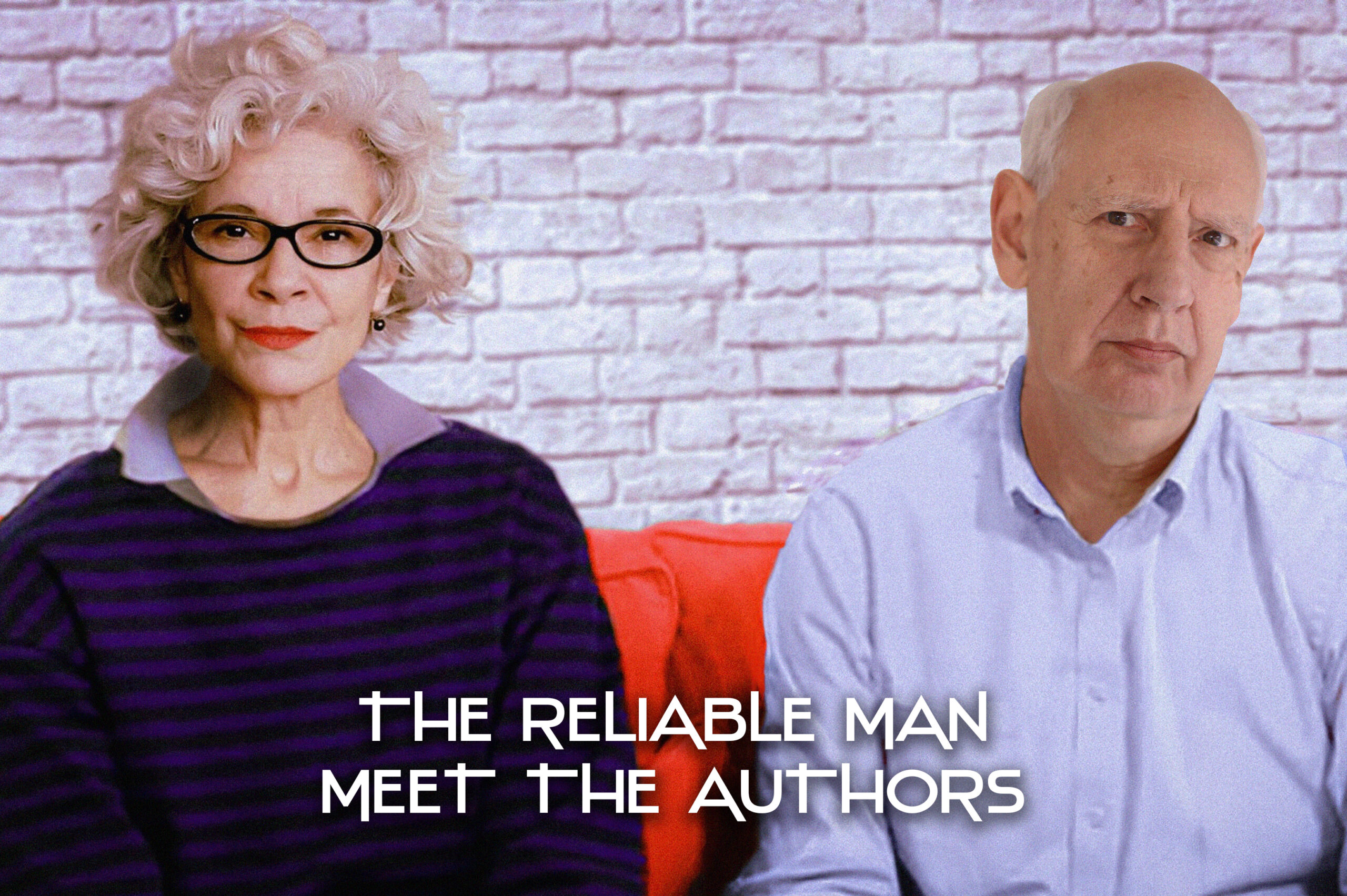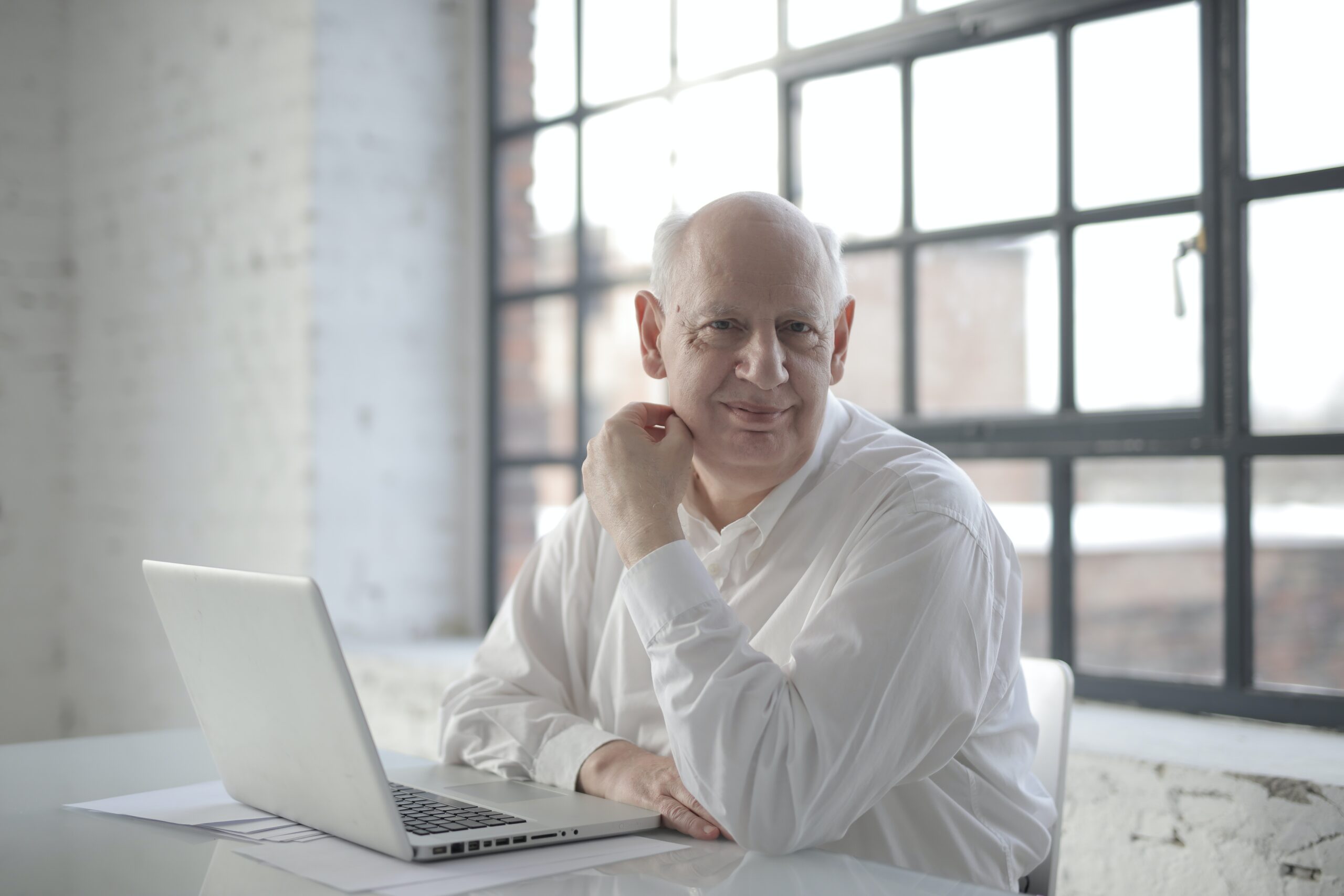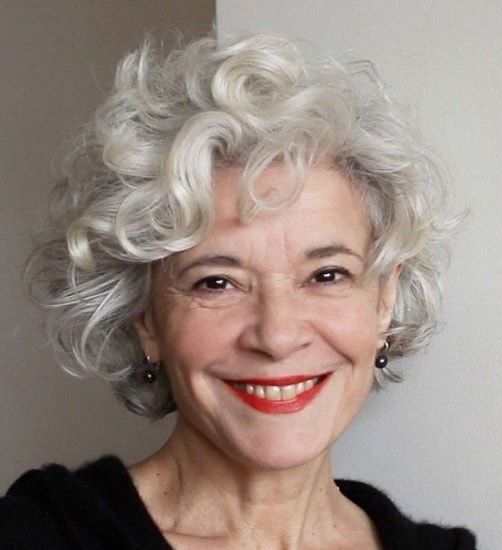
How did the two of you meet?
VG: We write under pseudonyms because both of us are still busy and prominent in our respective professions and it is best to keep some distance. But as a matter of fact, we met at school when we were 10 years old.
JS: We reconnected when VG returned to the UK about ten years ago and I became fascinated by the way a decision to live and work in the Far East had imbued a completely different approach to business than the anglo-saxon world in which I had operated since university. During Covid, VG asked me to read “Reliable in Danang” prior to publication and one thing led to another.
What made you start writing?
VG: I’ve always written thrillers. I completed my first one when I was 16 years old. It was a spy thriller set in a boarding school where the physics teacher was a Russian defector and two of the teenage students were secret agents. Years later someone came up with a similar idea. My father had taken me along to Israel on one of his business trips (he sold bullet proof glass) and in one of the chapters from the book the lead character climbs through the air shafts of the King David Hotel in Jerusalem. I did the research myself and got very dusty. If anyone comes across the lost manuscript, I will pay a large reward. The book title is ‘Little Things Please Little Minds’ and it’s in a scuffed green folder.
JS: I read English at University and I have always read thrillers and crime novels voraciously, but what I didn’t have was a lot of time or incentive. I tried to write a thriller about fifteen years ago, but never finished it. Seeing how VG created plot and structure was the way in for me, and also the fact that the Covid crisis meant that I had the time and luxury to devote to writing every day.
How do you come up with your plots?
VG: We start with a nugget idea which may be something politically topical at the time or based on several real events that we experienced. Then we ‘pile on the miseries’, making things more and more difficult and complex for the lead character. An example of this is the plot for ‘Reliable in Bangkok’. A friend of mine had told me about the German mafia that controlled the nightlife in Pattaya, a sleazy seaside resort, and how the local Thai gangsters had hired two Filipino policemen, who moonlighted as assassins, to fly over and kill the Germans. Bill Jedburgh is an amalgam of three men we knew in the Royal Hong Kong Police’s Special Duties Unit. They are all still alive and as hard and vicious as ever so we won’t say anymore.
JS: Plot is character. We start with a well-established repertory cast and add to that the usual ingredients: larger than life villains, exotic women, friends in trouble and of course conflict between doing right and making money. Sometimes Jedburgh just wants to hang out with his friends, drink, have sex and enjoy himself, but his clients have other ideas. When you establish the scenario, you have confidence that you know how your character will react within it.

How long does an ‘Asian Thriller’ take to write?
VG: Ernest Hemingway famously would spend a day rewriting one single sentence. We are not writing literature. We want to write, clear, fast-paced prose. Each book goes through about five drafts. Research and plotting the outline for a new book might take a few weeks. We will outline each scene in the book before we start writing, to make sure the story works and is properly balanced. One of us has a First-Class Honours degree in English Literature from the same College as the current Prime Minister and understands classic story structure. Once we start writing, we aim for 2000 words a day and 80,000 words per book. So, four months is the answer to your question.
JS: Some scenes are very quick to write, others take research, because our readers care about that sort of stuff. Our memories are fallible and the internet is a rabbit-hole you can get lost inside for hours. We take time at the end of the process to edit, let the words marinade and then allow people we trust to challenge the accuracy. Some days we can struggle with four hundred words, other days thousands emerge happily.
What are the challenges of writing fiction in the “near-past?”
VG: It’s a lot more fun than writing in the ‘near future’ because we can choose how we mash up events that really happened with a dose of speculation, then throw in some actual historical characters. In ‘Reliable in New York’ there is a scene which takes place in Stringfellows nightclub involving a well-known politician. Something similar really happened to one of us. Large parts of the books are biographical because we do write about what we know.
JS: We write for a modern audience, so sometimes it’s easy with hindsight to assume that the world will end in a particular way. It wasn’t always that clear at the time. It’s important that Jedburgh is of his time and not always superhuman in his predictive abilities. So in Reliable in London he is a lot nicer about New Labour than history has been.
How do you collaborate together?
VG: One of us takes the lead on a book and develops the plot idea. Then we bounce the ideas back and forth, riffing off each other until we have something both of us like. The lead will then write one chapter at a time and send it over to the secondary who will edit, add or adjust until both of us are happy with the final version.
JS: The remarkable thing is that we sometimes forget who wrote a particular line. The best sensation in the world is when you are stuck and the other person says ‘all the ingredients are there, you just have to rearrange them a little.’
Is it strange writing with a partner after writing alone?
VG: We live in a world of teams and collaboration. This type of technique was pioneered by James Patterson. His publisher told him that he should only write one book a year because that’s how the industry worked. He disrupted the industry which is why he outsells every other commercial author in the world. Working in a partnership provides instant criticism and refining of the material. In this day age it means we can produce content faster, which helps to increase overall book sales. We are always open for other partners who might like to join our writing team.
JS: I’ve worked in teams all my life and done a lot of editing of prospectuses and press releases working with a shared vision. The important thing is that we always agree who will have the last word, so we never fall out if we disagree.

How has the Far East changed in the past thirty-five years?
VG: Our Asian Thrillers are intended as love songs and tributes to the Far East. They are meant to capture the lifestyles of expatriates and members of the Royal Hong Kong Police in the 80s, 90s and present day. Hong Kong, Singapore, China and all of Asia have changed at a rapid pace in the last four decades. You will have to read the books to see what that looks and feels like.
JS: It’s not just Asia that has changed, but almost every part of the world, usually but not always for the better. But the rapid industrialisation, and especially the emergence of China as a super-power, is a defining part of the last twenty years.
How do you respond to critics who are shocked by the sexual exploits of Bill Jedburgh?
VG: We are puzzled, as all we are describing is how it truly was at that time and in that place. Many of our regular readers experienced this life style and although they may look back and say now that it was all a bit decadent, most of them will nod with a glint of nostalgia in their eyes and admit that’s how we really lived.
JS: By his own standards, Jedburgh treats his women with respect and affection, but rarely falls in love. He is neither a sadist, nor a bully, but he is not someone who easily allows anyone to get close to him, male or female. He has a few close friends, almost exclusively male. I would argue he treats his women better than James Bond does, but he is no better at understanding them.
You write strong female characters, yet women are often villains in your novels. Why?
VG: The fact is that most of our female characters are based on real people. The notion that Asian women are shrinking violets is nonsense. There are many successful and powerful women in Asia running family businesses or corporations and a few of them are … villainous.
JS: I would argue we write as many heroines as villains. I’d certainly put Missie Li, Angel Fei and Jane Tan in that category. What you won’t find many of in our novels are women who are helpless victims. They have made active choices to live their lives in a particular way and we celebrate that in our books.
What are your views on the current situation in Hong Kong?
JS: Because one of us still lives in Hong Kong and doesn’t want to be arrested and kicked out we will not answer this question. But Bill Jedburgh and his friends have their opinions and you can find these in the books. In fact the ability to dramatise the different views is one of the attractions of the genre.
What is the attraction of Singapore?
VG: Imagine a place where everything works perfectly. Everything is clean. The trains and planes are never late. Tax is low. Medical care is superlative. The weather is always tropical. Everyone speaks English and welcomes foreigners who bring skills to the country. The economy is strong and the government has over 1 trillion US dollars in cash reserves. What is there not to like about Singapore?
JS: In my head the experience of the people of Singapore is the one that I would have wished for every nation that was once a British colony. Sadly very few were able to receive it. That modern Singapore was the vision of a few brave and determined people makes it all the more remarkable.
Which writers have most influenced you and which do you most admire?
VG: Here’s the list: William Shakespeare, Desmond Bagley, Ian Fleming, George MacDonald Fraser, Trevanian, Jack Higgins and of course the creator of the Asian Thriller genre, Stephen Leather. And a special mention to the man who made us fall in love with literature: Peter Hardwick.
JS: I was brought up on John Buchan and Conan Doyle, but the modern thriller writers I most admire would include Lee Child, Martin Cruz Smith, Philip Kerr and Gerald Seymour.


Is there still a place in the world for novels with a “colonial” viewpoint?
VG: Some publishers rejected our books because they felt too ‘colonial’. But all we are doing is writing historical novels. Nobody objects to the colonial viewpoint described in the books of CS Forester, Bernard Cornwell, Evelyn Waugh and such like. They all still sell by the millions. We are simply staking our claim to describe the colonial expatriate experience in Asia from 1980 onwards. We make no moral judgement, that is up to the reader.
JS: Our books dramatise post-colonialism. Bill Jedburgh is not a ‘Colonel Blimp’, he is a much more nuanced character. What he will never do is bow to received opinion that the role of the British abroad was unremittingly disastrous. His view of Asia is a very modern one: it is the engine room for the 21st Century and its future will be shaped by its people, not expats. Much of the conflict in the novels come from characters adjusting to that new reality.
How much of your writing is based on real life?
VS: Many of the characters are real people, many of the events described happened in some form or another. So, draw your own conclusions where the line between fact and fiction begins to blur. We are currently working on ‘Reliable in Zurich’ set in 1994 which was the year the founder of North Korea died under mysterious circumstances while his grandson, Kim Jong-un, was attending a boarding school in Switzerland.
JS: One of my most surprising discoveries about thriller-writing is the frequency with which you describe a fictional circumstance only to discover that life has already imitated art. While our books are primarily escapist, if their characters were not grounded in real life, then they would fail as novels.
If you could live permanently anywhere in the world, where would it be?
VG: We have homes in Hong Kong, Singapore, Thailand, the Philippines, Germany, the United Kingdom, Switzerland and a few other places, so wouldn’t want to live anywhere permanently.
JS: Wherever we ended up it would be enough if there were sun, water, mountains, wine, women and good friends.